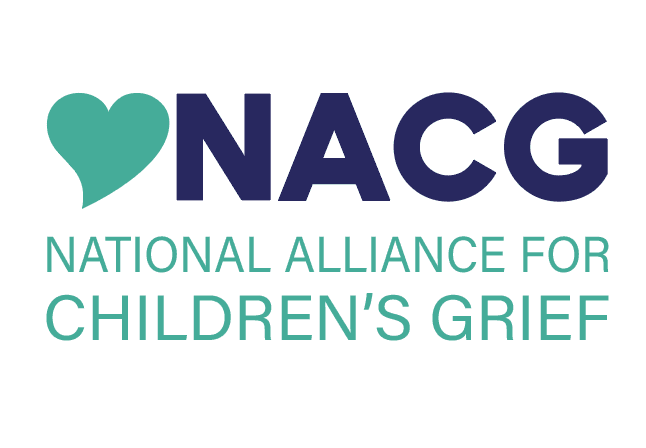
Finding the time for gratitude in grief is a crucial part of the healing process. By definition, gratitude is the ability to be thankful and demonstrate appreciation and kindness towards the self and others. As it is the season of gratitude, we will explore several ways in which to implement moments of appreciation in everyday life.
Grieving the loss of a loved one not only has an impact on our mental and emotional capacities, but also can lead us to feel physically drained and disconnected. By implementing daily gratitude exercises, we can take advantage of several benefits including decreasing the impacts of emotions such as resentment, anger, and regret that can arise from grief. It also increases empathy and leads to more fulfilling relationships with those around us. Finally, studies show positive impacts on physical health from improved sleep to experiencing less physical pain.
Now that we know the benefits of gratitude, how can we make time for it in our daily life? In order to simplify gratitude, we can break it down into three areas; grateful self, grateful actions and grateful experiences. In distinguishing the difference between these three we can get a better grasp of the impacts of gratitude.
Grateful Self
In beginning with ourselves, our thoughts, and our emotions we can re-establish a connection between our mind and body in a positive way. As it is important to implement a self-care regimen in grief, making gratitude a part of it can lead to appreciation in the most difficult moments. One way we can encourage self-gratitude is through a compassionate letter. In writing a compassionate letter to ourselves it is recommended we begin by thinking about where we are in life and in our grief. Furthermore, it is important to recognize not only our weaknesses but our strength. Taking the time to consider those perceived inadequacies and forgive ourselves for very human imperfections. Writing this letter coming from an unconditionally loving place, we can decrease the judgments we place on ourselves and reflect on those people, places and things in our lives that we are grateful for.
Grateful Actions
At this time of year, we hear a lot about giving and being present for others. This is easier said than done when we have experienced a loss. Healing from loss can be a long and lonely process, however turning our attention to gratitude and how it can enrich our lives can make the grieving process less painful. Whether you choose to donate your time or money to a cause, taking grateful actions in life enhances our relationships with the world around us. Simple things such as letting a busy mom go in front of us in line or putting an extra quarter in someone’s meter are examples of grateful actions in everyday life. It does not have to be anything big or substantial to make a change for others and ourselves.
Grateful Experiences
The power of social interaction is something most of us rarely think about in our grief. Though it is very much present in many of the things we do. Whether it is taking part in a grief support group with others that can appreciate the complex emotions brought about by death or just sitting in a dog park reading a book, grateful experiences are all around us. It can feel as though these experiences are few and far in between, but by staying present and appreciating these moments we can increase our gratitude for life, even in loss. Allowing ourselves to fully take part in experiences that make us feel happy and fulfilled is an important part of the healing process.
During this period of the year, let us take a minute to reflect on gratitude and how we can enhance it in our lives. Whether is through our self, through actions or through experiences within the world, let us remember how gratitude can be a powerful way to help process and heal from loss.









